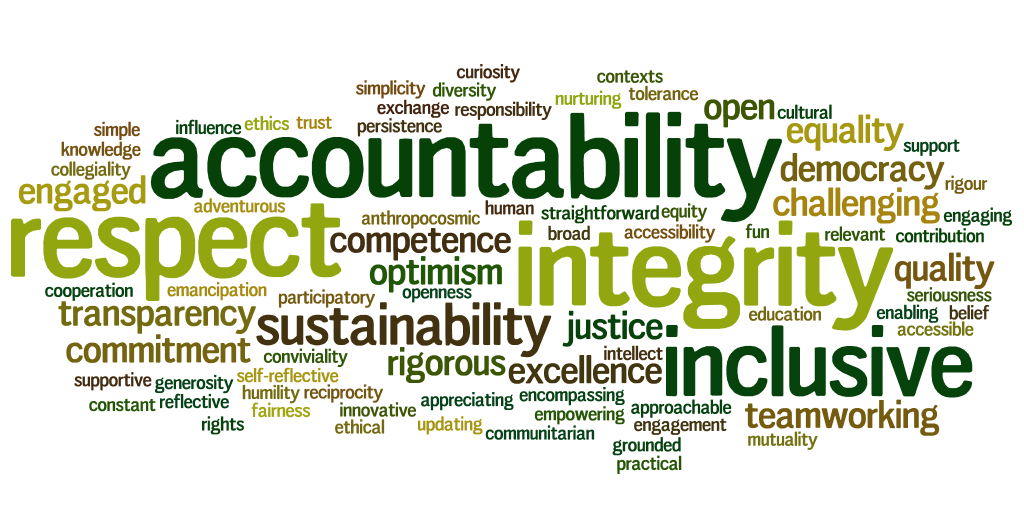by Karin Bloomquist
Social impact reporting has become an essential aspect of business practice in the nonprofit sector; however, many nonprofits are largely unaware of the usefulness of reporting and transparency beyond just the need for compliance and marketing. There is an unspoken obligation of nonprofit organizations to be ethical with their policies and practices; however, many simply do not know how or do not have the processes in place to do so successfully.

A 2006 Harris Poll found that only one in 10 Americans strongly believed that charities are honest and ethical in their use of donated funds. To combat this public perception, nonprofits need to better communicate best practices and be more transparent. This is directly in sync with most nonprofits’ core values and mission statements. Additionally, there are numerous benefits to reporting. It provides a competitive advantage over organizations that do not report that may have similar missions and goals. This can result in better engagement with stakeholders, increased investments from donors, and more ideally matched partnership and sponsorships. So the question is simple, why not start reporting your impact?
Don’t know where to start? A great example to help you get started is the annual impact report put out by The Fairtrade Foundation, a charity based in the United Kingdom, that works to empower disadvantaged producers in developing countries by tackling injustices in trade. Reporting their impact doubled the investment to the organization in staff development and staff members internationally. In the report, they used storytelling through images to break up the information and used clearly defined sections to address impact that related to their objectives, goals, and financial statements for the year.

In this webinar, you will learn the six reasons why you should report your impact as it relates to:
- Addressing the lack of transparency that is so often found in the business practices of many nonprofit organizations
- Fostering a sense of ethical responsibility towards stakeholders and the surrounding environment
- Encouraging adaptability and practicing what you preach while building a sense of credibility and trust
- Attracting top talent and top donors to invest in the organization
- Attracting more prestigious corporate partnerships and sponsorships
- Budget and cost savings

As you can see, social impact reporting has become essential to earning trust and credibility with the public and potential corporate partners.
Learn more about the benefits of social impact reporting and how you can get started by watching my webinar: https://vimeo.com/112138481
Karin Bloomquist is a marketing communications specialist at Accelera Solutions overseeing the company’s marketing communications programs. She works on corporate communications and marketing initiatives to provide creative direction for digital and content strategy as well as corporate campaigns. She enjoys learning about strategic partnerships, corporate social responsibility, and sustainable development. Ms. Bloomquist is currently a graduate student at Georgetown University in Washington, DC, working towards obtaining a master’s degree in Public Relations and Corporate Communications. She currently holds a bachelor’s degree in Communication with additional studies in Conflict Analysis and Resolution and Global Affairs from George Mason University. Connect with Karin on LinkedIn and Twitter!
